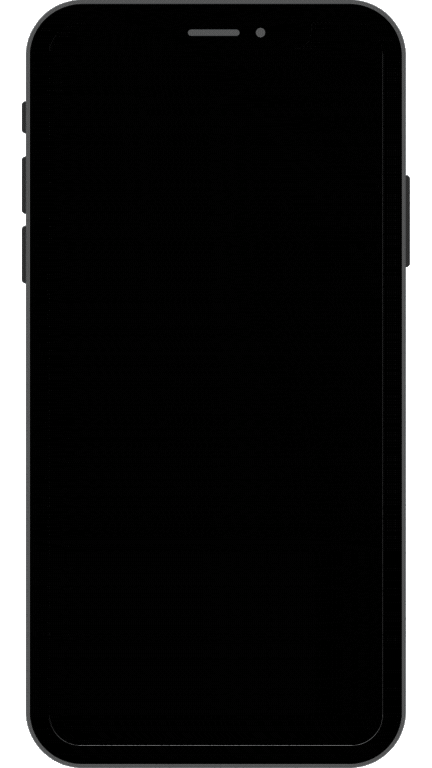Most people associate text messaging primarily with SMS (Short Message Service), which has been a staple in mobile communication networks for many years. This protocol allows for messages up to 160 characters to be exchanged between mobile devices.
Recently, Rich Communication Services (RCS) has emerged as a modern alternative to SMS. RCS offers several enhanced features and security improvements over SMS, including unlimited character counts and the ability to send rich media content.
This piece delves into the differences between RCS and SMS, exploring how each technology operates and their respective technical requirements.
Understanding SMS
SMS operates independently of the internet, utilizing the cellular network much like traditional voice calls. It’s governed by the Global System for Mobile Communications (GSM) protocol, which oversees how messages are managed across cellular networks.
Inter-carrier communication is facilitated by the Short Message Peer-to-Peer (SMPP) protocol, allowing seamless message delivery across different carriers. One advantage of SMS is that it doesn’t count towards data usage on mobile plans since it uses the cellular network instead of internet data.
The Advent of RCS
In contrast, RCS represents a significant shift, offering functionalities akin to popular internet-based messaging apps like WhatsApp and Facebook Messenger. These apps, known as over-the-top (OTT) services, use internet data to transmit messages, which RCS also employs.
RCS enhances messaging with features such as group chats, high-resolution media sharing, read receipts, and location sharing. It’s an open standard, which means it’s universally accessible and can be implemented by any device without compatibility issues, as long as there’s an internet connection available.
A practical example of RCS in action is its current pilot by Lacoly with different hotels worldwide. This initiative demonstrates the utility of RCS for guests who may not have access to apps like WhatsApp. The trustworthiness and broad compatibility of RCS make it an ideal communication tool in the hospitality industry, ensuring guests can connect seamlessly with hotel services regardless of their preferred messaging platform.
Key Differences Between RCS and SMS
- Network Dependency: SMS relies on cellular networks for message transmission, whereas RCS requires an active internet connection.
- Functionality: SMS is limited to 160 characters and does not support multimedia content directly within messages. RCS, however, can handle extensive multimedia formats and has no character limits.
- Message Delivery and Confirmation: SMS offers basic delivery reports depending on carrier settings, but RCS provides detailed delivery and read receipts.
- Integrations: SMS integration capabilities are limited due to its reliance on cellular networks. RCS, using the internet, can integrate more extensively with various applications and services.
- Security: SMS lacks encryption, posing risks to message privacy and security. RCS incorporates robust security measures like Transport Layer Security (TLS) and Secure Real-time Transport Protocol (SRTP) to protect messages during transmission.
Utilizing RCS and Device Compatibility
The availability of RCS features depends heavily on carrier support and the specific implementation model chosen. Most major U.S. carriers support RCS, and it’s increasingly backed by global carriers as well.
Android devices running version 5.0 and above generally support RCS. It’s often enabled by default in phones using the Google Messages app, though it’s wise to check app settings to confirm. Apple has also started supporting RCS with the release of iOS 18, marking a significant step towards broader adoption.
The adoption of RCS has been somewhat slow, partly due to initial hesitance from some manufacturers like Apple. However, with their recent inclusion of RCS, a surge in global use is expected, bridging the gap between different devices and enhancing overall communication experiences.
